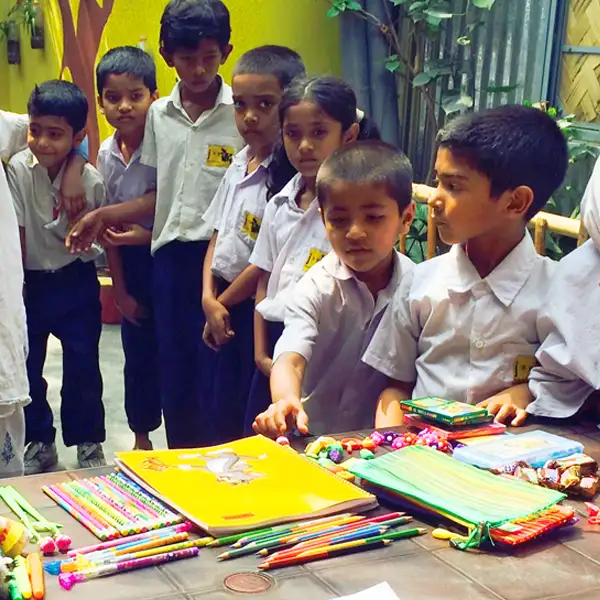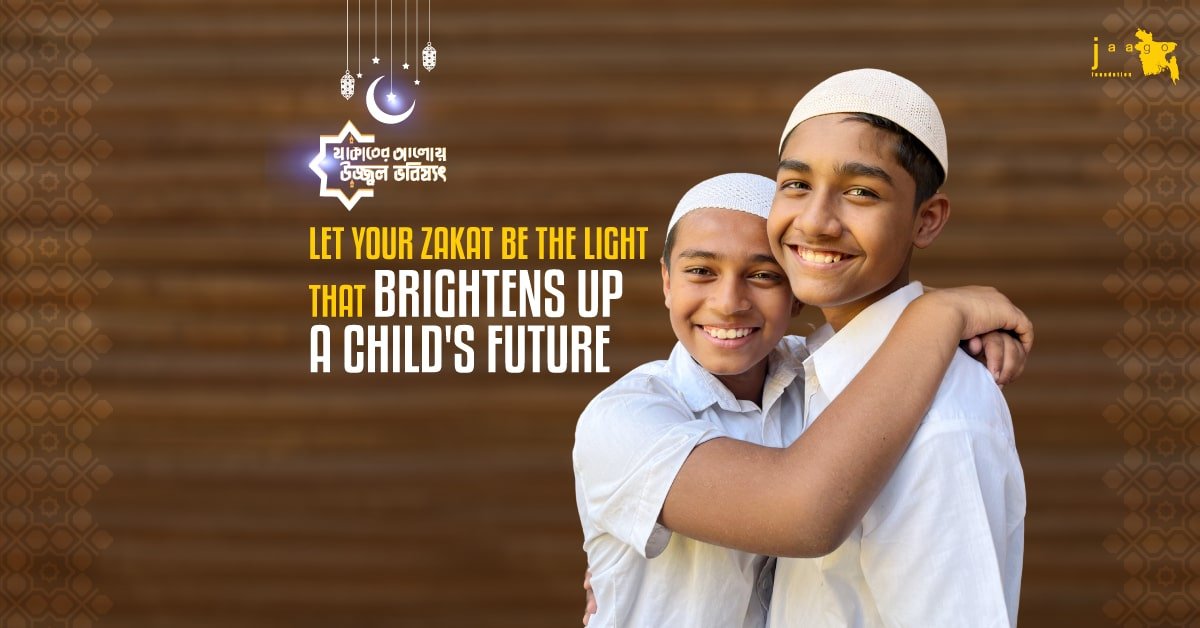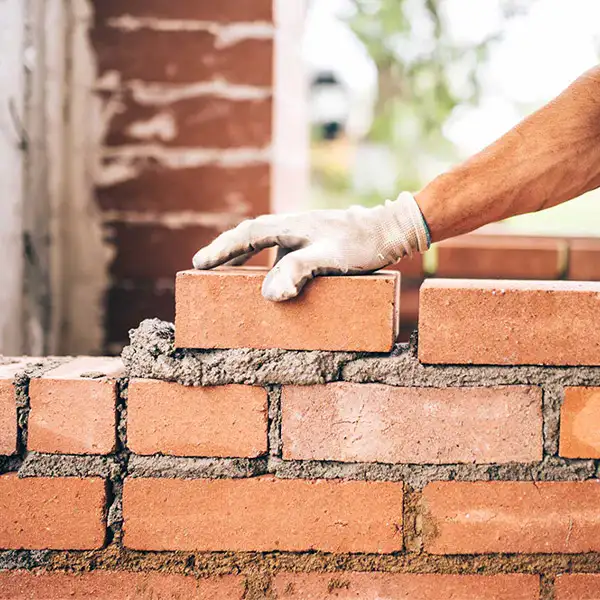Your zakat will put a smile on the
faces of children in need
Use our Zakat calculator to easily determine your Zakat amount and make a meaningful contribution towards the betterment of society.
Zakat Calculator
Nisab (updated 27 March 2024):
$478
Your Zakat can transform the lives of countless children from underserved communities. By donating to JAAGO Foundation’s Zakat fund, you can contribute to the infrastructure development of our schools and help purchase school supplies and uniforms for our students.
Calculate Your Zakat Amount with our Zakat Calculator
Zakat for School Stationery
Help ensure necessary educational resources for our students.

Let your Zakat be the guiding light that illuminates the path to education for the underserved students of JAAGO Foundation Schools.
In the true essence of Zakat, let’s shape a society where every child has access to equal rights and equal opportunities.
“And establish prayer and give zakat, and whatever good you put forward for yourselves – you will find it with Allah.” (2:110, Qur'an)
What is Zakat in Islam? Zakat is the third pillar of Islam. It signifies the wealth a Muslim pays to the poor and less privileged people. Zakat is a compulsory act of worship and represents the responsibility and duty the richer have towards those in need. The word Zakat means both ‘purification’ and ‘growth’.
People often get confused about where to give Zakat and how much to offer. It requires Muslims to provide 2.5% of their qualifying wealth each year to support Muslims who need it across various categories.
As one of the pillars of Islam, Zakat is a form of obligatory charity that has the potential to ease the suffering of millions. Zakat is obligatory when a certain amount of money, called the Nisab, is reached or exceeded. Zakat is not mandatory if the amount owned is less than this Nisab.
JAAGO Foundation collects Zakat and uses it as carefully as possible to ensure a long-lasting and transformative impact. Zakat on Education can provide a sustainable future for these children. By contributing your Zakat in this great month of Ramadan, you can help children conquer their dreams through education. Your generosity will allow us to sustain our efforts in making a difference for the marginalised children in the communities.
FAQs
Zakat is an obligatory charitable contribution that is required of all adult Muslims who possess a certain amount of wealth. It is considered one of the Five Pillars of Islam and is intended to help those in need.
Muslims who possess a certain amount of wealth, known as the Nisab, for a full lunar year are required to pay Zakat.
Zakat is calculated as 2.5% of a Muslim’s total wealth that has been in their possession for a full lunar year.
The minimum amount of wealth, or Nisab, that one must have in order to be eligible for Zakat is equivalent to the value of 87.48 grams of gold or 612.36 grams of silver.
Zakat is levied on certain types of assets, including cash, gold, silver, investment properties, and business inventory.
Yes, Zakat can be paid to any legitimate charitable organization or directly to individuals in need.
This may vary depending on the country and local laws. However, in some cases, Zakat may be tax-deductible as a charitable donation.
Failing to pay Zakat when it is due is considered a sin in Islam. However, there may not be any legal or civil penalties for non-payment.
Yes, it is permissible to pay Zakat in advance of the due date.
Yes, Zakat can be paid in installments throughout the year as long as the full amount is paid by the due date.
Yes, Zakat can be given directly to individuals in need as long as they meet the criteria for Zakat eligibility.
Yes, Zakat can be used to support anyone in need, regardless of their religion.
Yes, Zakat is required to be paid annually as long as the Nisab threshold has been met.
Yes, giving more than the required amount of Zakat is considered a voluntary act of charity, known as Sadaqah.
Zakat is a specific form of obligatory charitable giving in Islam that is calculated based on a person’s wealth. Other forms of charitable giving, such as Sadaqah, are voluntary and can be given in any amount.



